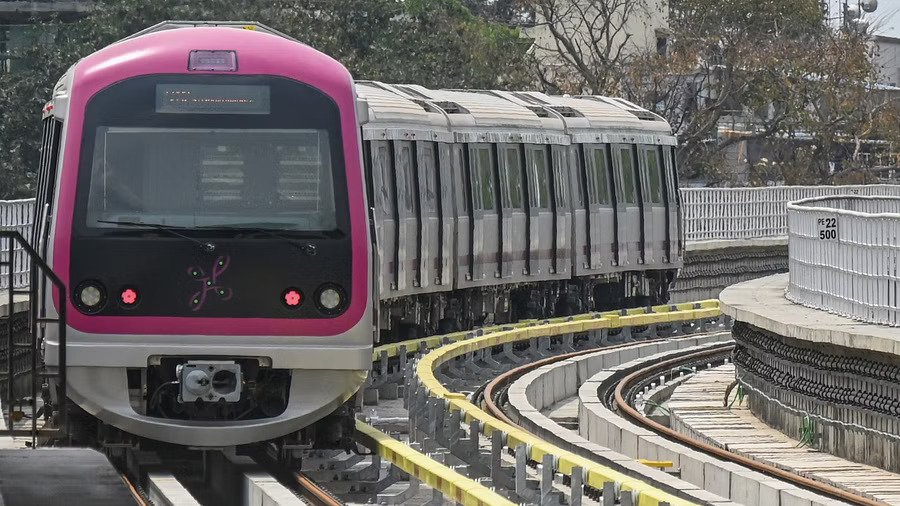A recent study has recommended fare reductions for the Bengaluru Metro as a means of promoting more inclusive and affordable transportation options for the city’s residents. The study highlights the potential benefits of reduced fares in increasing ridership, easing traffic congestion, and enhancing overall accessibility in Bengaluru.
The study, conducted by transportation experts and urban planners, underscores the importance of making public transportation more accessible and cost-effective to address the city’s growing mobility needs and environmental concerns. It suggests that reduced fares can play a significant role in achieving these objectives.
The recommendations come at a time when Bengaluru, like many other metropolitan areas in India, is grappling with issues related to traffic congestion, pollution, and the need for sustainable transportation solutions.
Key findings of the study include:
- Increased Ridership: By lowering metro fares, the study predicts a substantial increase in ridership, with more commuters opting for the metro as their preferred mode of transportation. This shift can help reduce the number of private vehicles on the road and alleviate traffic congestion.
- Affordability: Reduced fares make public transportation more affordable for a broader segment of the population, ensuring that individuals from various income groups can access the metro system without financial strain.
- Environmental Impact: A shift to public transportation, which is often more environmentally friendly than private vehicles, can contribute to reduced carbon emissions and a greener Bengaluru.
- Economic Benefits: The study suggests that increased ridership and accessibility can have positive economic impacts by enhancing connectivity and promoting economic activities along metro routes.
The Bengaluru Metro has been expanding its network in recent years, and this study adds to the ongoing discussions about optimizing the system for the benefit of the city’s residents. However, fare reductions must be carefully considered, taking into account the financial sustainability of the metro system while ensuring it remains an affordable and attractive choice for commuters.
City officials and transportation authorities have taken note of the study’s findings and are actively exploring ways to make public transportation more accessible and convenient for all Bengaluru residents. Public feedback and collaboration with experts in the field are expected to play a vital role in shaping future transportation policies and fare structures in the city.
The study’s recommendations have ignited a broader conversation about the role of public transportation in addressing urban challenges and ensuring a sustainable, inclusive, and accessible future for Bengaluru.










